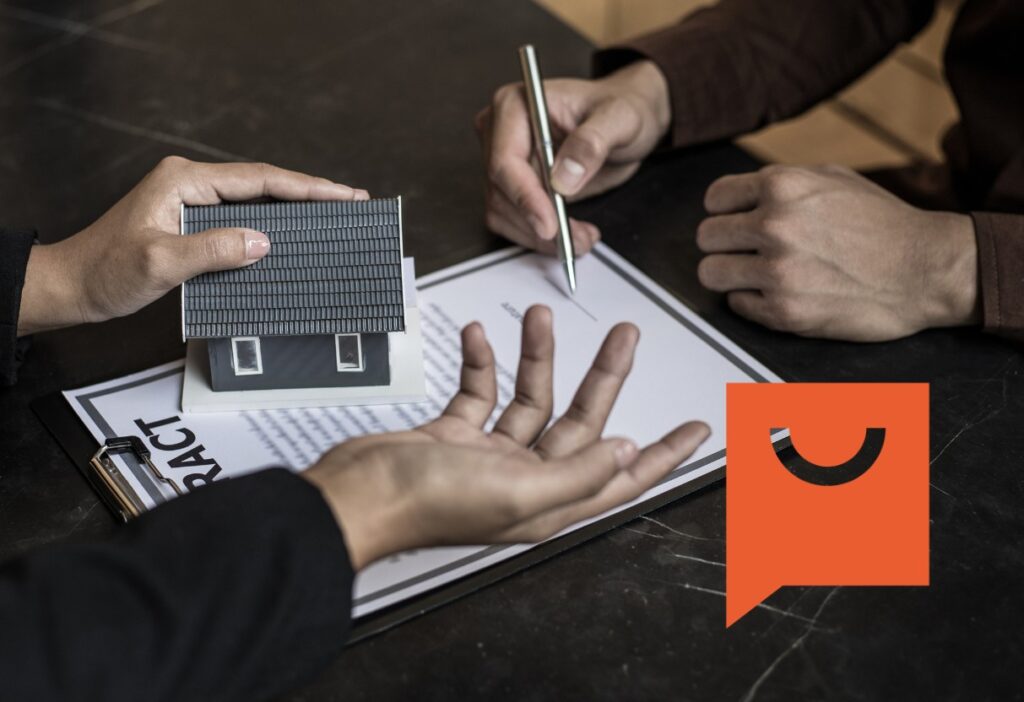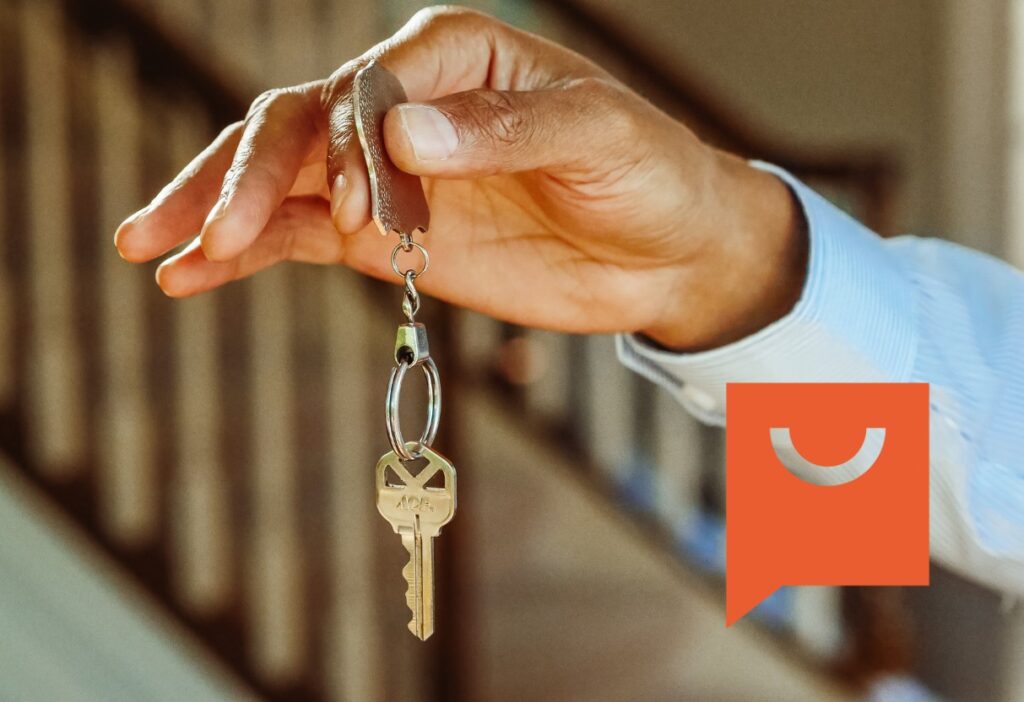Anúncios
Buying a home for the first time is a huge step. It can feel overwhelming with all the choices to make.
Many first-time buyers aren’t sure where to start or what they need.

Before making an offer on a home, first-time buyers should create a detailed checklist that includes financial preparation, must-have features, and necessary inspections. This planning helps prevent costly mistakes and ensures buyers find a property that meets their needs and budget.
A good checklist guides buyers through the entire process from saving for a down payment to closing day. It removes much of the stress from home buying and helps people feel confident in their decisions.
Assessing Financial Health

Understanding your financial situation is a critical first step before house hunting. A clear picture of your finances helps determine what you can afford and identifies areas that need improvement before applying for a mortgage.
Checking Credit Scores
Your credit score plays a crucial role in qualifying for a mortgage and determining your interest rate. Most lenders require a minimum score of 620 for conventional loans, while FHA loans may accept scores as low as 580.
How to check your credit:
- Request free reports annually from all three bureaus (Equifax, Experian, TransUnion) through AnnualCreditReport.com
- Use credit monitoring services like Credit Karma or your credit card provider’s free tools
- Review for errors that could be lowering your score
If your score needs improvement, focus on paying bills on time, reducing debt, and avoiding new credit applications for 6-12 months before applying for a mortgage.
Determining Budget and Down Payment
A realistic budget prevents the financial strain of an unaffordable home purchase. The standard guideline suggests spending no more than 28% of gross monthly income on housing costs.
Housing costs include:
- Mortgage payment
- Property taxes
- Homeowners insurance
- HOA fees (if applicable)
Down payments typically range from 3-20% of the purchase price. While 20% down helps avoid Private Mortgage Insurance (PMI), many first-time buyers use low down payment options.
Don’t forget to budget for closing costs (2-5% of loan amount) and post-purchase expenses like moving, furniture, and home maintenance.
Reviewing Loan Options and Pre-approval
Different mortgage types offer various benefits depending on your financial situation. A pre-approval letter strengthens your offer by showing sellers you’re serious and qualified.
Common loan options:
| Loan Type | Down Payment | Features |
|---|---|---|
| Conventional | 3-20% | Standard option with competitive rates |
| FHA | 3.5% | Lower credit requirements |
| VA | 0% | For veterans and service members |
| USDA | 0% | For rural properties with income limits |
To get pre-approved, lenders will review your credit, income, assets, and debt. Be prepared to provide recent pay stubs, W-2 forms, tax returns, and bank statements.
Pre-approval typically lasts 60-90 days, so time it carefully with your home search.
Understanding the Homebuying Process

Buying a home involves several key steps that first-time buyers should navigate carefully. A systematic approach helps reduce stress and ensures you make informed decisions throughout the journey.
Researching the Real Estate Market
First-time buyers should study local market conditions before house hunting. Look at average home prices in desired neighborhoods and track whether they’re rising or falling. This information helps set realistic budget expectations.
Check how long homes typically stay on the market. In a seller’s market, homes sell quickly, often above asking price. In a buyer’s market, homes may sit longer, giving you more negotiating power.
Research neighborhood statistics like:
- School quality ratings
- Crime rates
- Property tax rates
- Future development plans
- Proximity to amenities
Online resources like Zillow, Redfin, and local government websites provide valuable market data. Many offer price history and neighborhood trend information that helps contextualize current listings.
Selecting the Right Real Estate Agent
A good agent serves as a guide through the homebuying process. Interview 2-3 agents before making a decision. Ask about their experience with first-time buyers and knowledge of neighborhoods that interest you.
Look for agents who:
- Have strong local knowledge
- Communicate promptly and clearly
- Listen to your needs
- Have positive client reviews
- Work primarily as buyer’s agents
The ideal agent explains complex terms and processes without pressuring you to make decisions. They should be transparent about their commission structure, typically paid by the seller.
Check if they’re part of the National Association of Realtors (NAR), which requires adherence to a code of ethics. An experienced agent can identify potential issues with properties that new buyers might miss.
Identifying Essential Home Features
Before viewing properties, create a list dividing features into “must-haves” and “nice-to-haves.” This helps focus your search and avoid wasting time on unsuitable homes.
Common must-have considerations:
- Price range
- Location/neighborhood
- Number of bedrooms/bathrooms
- Property condition
- Lot size
- Home style (e.g., ranch, colonial)
Nice-to-have features might include a specific kitchen layout, finished basement, or walk-in closets. Remember that cosmetic issues like paint colors or dated fixtures are easily changed.
Consider future needs too. A growing family might need extra space, while an aging buyer might prefer single-level living. Think about commute times, access to transportation, and proximity to important services.
Preparing to Make an Offer

Making an offer on a home requires careful preparation and attention to detail. Before submitting your offer, you’ll need to thoroughly evaluate the property and organize your financial documents.
Conducting Home Inspections
A professional home inspection is essential before making an offer. Hire a certified inspector to examine the property’s structural elements, electrical systems, plumbing, and foundation. This typically costs $300-$500 but can save thousands in future repairs.
Consider specialized inspections if needed:
- Pest inspection to check for termites or other infestations
- Radon testing for harmful gas levels
- Mold inspection if you notice water damage
Don’t skip the walk-through with your inspector. Ask questions and take notes about potential issues. These findings can become negotiation points or reasons to reconsider the purchase.
Request documentation of past repairs or renovations from the seller. This information helps you understand the home’s maintenance history and potential future costs.
Evaluating Additional Costs
Beyond the purchase price, several additional costs affect your total investment:
One-time costs:
- Down payment (typically 3-20% of purchase price)
- Closing costs (2-5% of loan amount)
- Moving expenses ($1,000-$5,000)
- Initial repairs and renovations
Ongoing expenses:
- Property taxes
- Homeowners insurance ($1,200/year on average)
- HOA fees if applicable
- Utilities and maintenance
Create a detailed budget that accounts for these expenses. Request utility bills from the previous owner to estimate monthly costs.
Research property tax history to anticipate future increases. Some areas offer tax exemptions for first-time homebuyers that can provide significant savings.
Preparing Necessary Documentation
Lenders require extensive documentation before approving your mortgage.
Organize these essential items:
Financial documents:
- Tax returns (past 2 years)
- W-2s or 1099s
- Recent pay stubs (last 30 days)
- Bank statements (past 2-3 months)
- Investment account statements
Additional paperwork:
- Pre-approval letter from your lender
- Proof of earnest money deposit
- Photo ID
Keep digital copies of all documents for easy sharing with lenders and real estate agents.
Many transactions now use secure online portals for document submission.
Verify your credit report for errors before applying.
Even small discrepancies can affect your interest rate and loan terms.